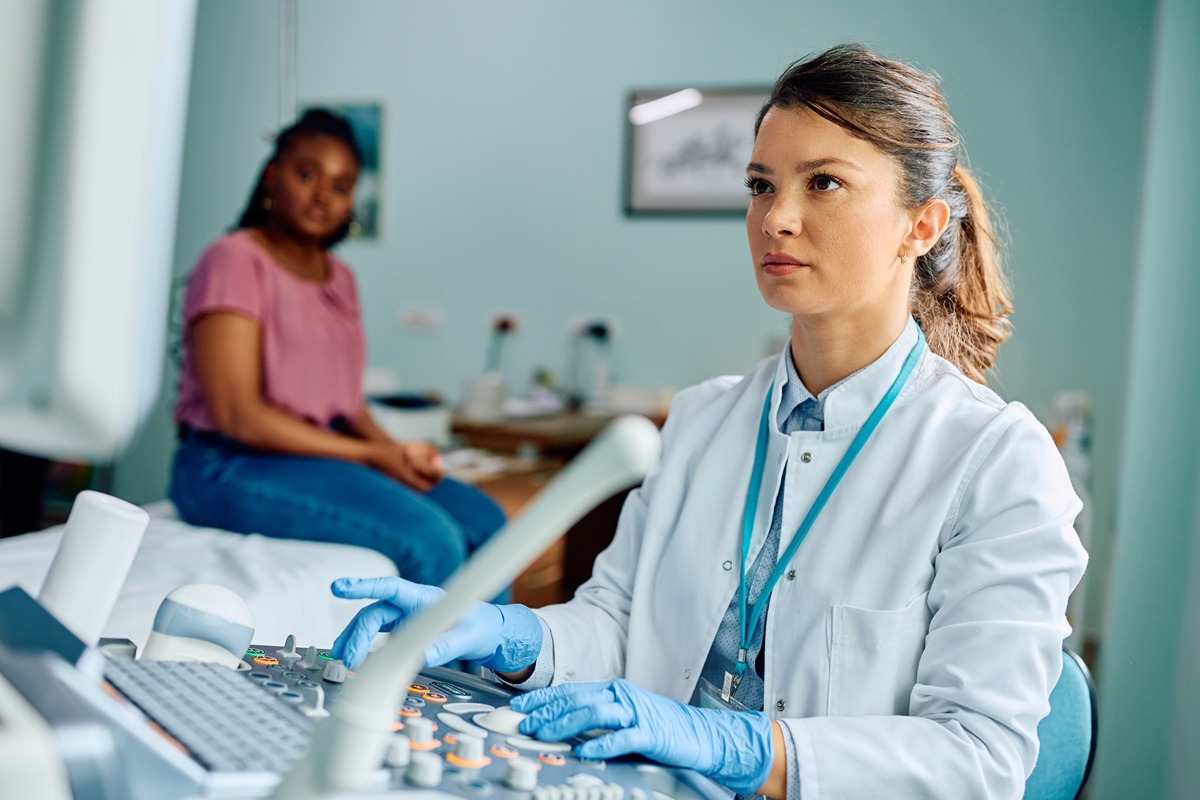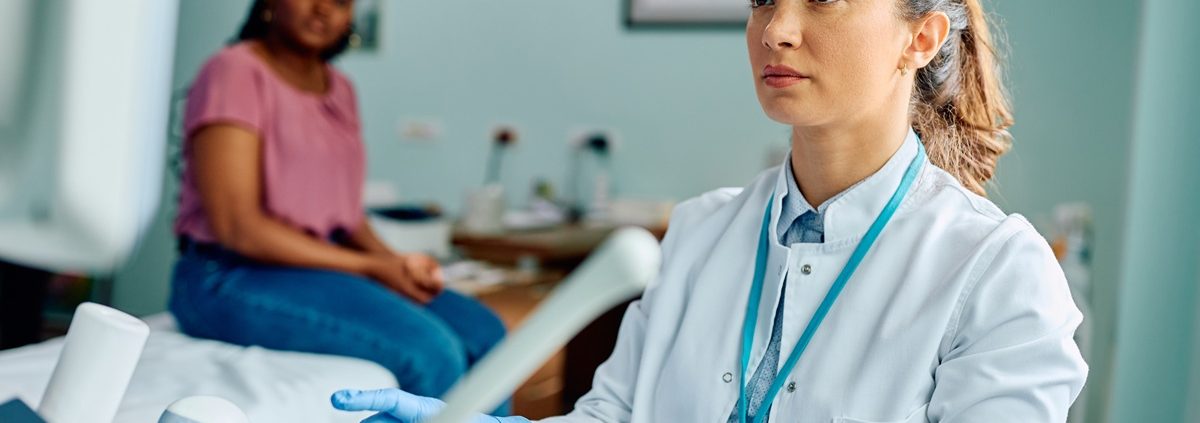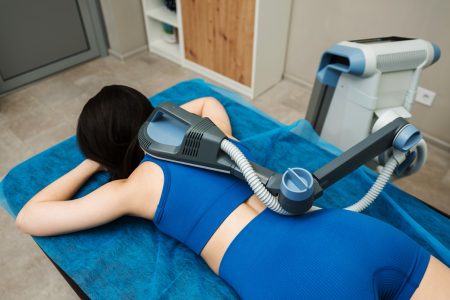How Forensic Nursing Connects Justice with Better Patient Care

Working in healthcare shares some similarities with working in the justice system. However, they rarely intersect, unless you work as a forensic nurse. Forensic nurses have responsibilities that nobody else has, as their job straddles the line between justice and healthcare.
Not only do they treat victims of violent crimes, sexual assaults, abuse, and neglect, but they also play a role in subsequent legal proceedings. That’s because they collect evidence and display an expertise that is useful in court. It’s common for prosecutors to call forensic nurses into court to testify on behalf of victims and recite their findings.
Forensic nurses have a unique perspective, which lets them push for change and advocate for victims in ways that others cannot. Because of that, they have the chance to affect the process for future victims and incarcerated convicts.
Follow along as we explore how forensic nursing connects justice with better patient care.
Understanding the Intersection of Justice and Healthcare
The healthcare and justice systems are both centered around helping people who need it most. Forensic nurses firmly plant their feet in both worlds, and their contributions to justice and healthcare are invaluable. How forensic nurses fit into both worlds is more easily understood if you know what they do, which includes:
Treat Victims
Patient care is the cornerstone of healthcare, but things get a little trickier when crime is involved. That’s where forensic nurses come into play, as they must treat victims of violent crimes. Treating victims requires a specific process, as forensic nurses must also collect evidence, so they have many responsibilities.
Naturally, treating victims can be quite taxing, as they’re often in distress and going through what may be the worst day of their lives. That’s why forensic nurses are trained to counsel victims while treating them and checking their vitals. This extra layer added to their job can make forensic nursing equally challenging and rewarding.
As a forensic nurse, you owe it to your patients to explain their rights and give them some agency over the process. After all, they likely just went through something terrible that they had no control over. Giving patients options and time to process things can help them navigate their trauma, pain, and distress.
Collect Evidence
By now, most people know all about the importance of DNA evidence and how it can solve even the trickiest cases. Collecting such evidence is a big part of forensic nursing, even if it doesn’t necessarily pay off right away. There are many examples of famous cases in which forensic nurses played big roles in investigations.
Sometimes, that entails collecting DNA evidence that doesn’t reveal any leads until decades later. No matter what, collecting such evidence is essential, as it’s one of the only ways to tie perpetrators to victims when other methods fail. It’s a tough process for victims who want to move on, but bringing them to justice is essential.
Of course, forensic nurses also know how to look for other things, such as clothing fibers and anything that’s out of place. It takes a lot of skill to simultaneously treat someone while also helping lay the foundation for a criminal investigation. In doing so, you can help your patient in many ways, as you may help them get closure later on.
Advocate for Their Patients
Victim advocacy is a big part of forensic nursing, but it doesn’t exclusively refer to treating patients who have just suffered abuse or neglect. Forensic nurses must also advocate for their patients’ rights, and importantly, their comfort.
On a larger scale, forensic nurses sometimes also advocate for systemic changes that benefit victims and convicts alike. Forensic nurses play a big role in correctional facility healthcare, which has a long way to go in many states. As a forensic nurse, you can advocate for changes regarding the process and patient rights, whether it be victims or imprisoned convicts.
That can include policy changes, public health education, and hospital protocols regarding victim care. Forensic nurses understand these processes better than anyone, as they approach them with healthcare and justice perspectives. Advocacy is just as much about improving things for future patients as it is about treating patients today.
Participate in Legal Proceedings
Forensic nurses play a bigger role in the justice system than just caring for victims, no matter how essential that is. They must often participate in legal proceedings and lend their expertise to the court, either before or during a trial. For example, prosecutors may submit a forensic nurse’s findings and examination report to the court.
Providing this evidence can help the prosecutor make their case and ultimately give the victim some closure. In some cases, forensic nurses must take the stand and testify about their findings and the victim’s condition. This can be tough, but it’s an important part of the job, which highlights the multifaceted nature of forensic nursing.
By working with victims, law enforcement, and prosecutors, you can help give victims the best chance at finding justice. This part of the job is just as important as assessing and promptly treating victims.
Forensic Nurses Can Leave a Lasting Impact
It’s not always easy, but forensic nursing is one of the few intersections between justice and healthcare, and it’s essential. Forensic nurses often see people on the worst days of their lives, and they are among the few people who can help them. Sometimes, that simply involves listening and giving them space when they need it.
In other cases, it involves counseling them while walking them through the process, so there are no surprises. Focusing on the forensic side of the job, like evidence collection, is just as important as treating wounds and counseling patients. In this respect, nobody in healthcare or the justice system does anything like what forensic nurses do.
Forensic nurses also have the power to advocate for their patients on a larger scale. By appealing policies and advocating for change, they can help future patients have better, less traumatic experiences. If forensic nurses don’t push for such changes to help victims and incarcerated people, it’s unlikely that anyone else will.









Leave a Reply
Want to join the discussion?Feel free to contribute!